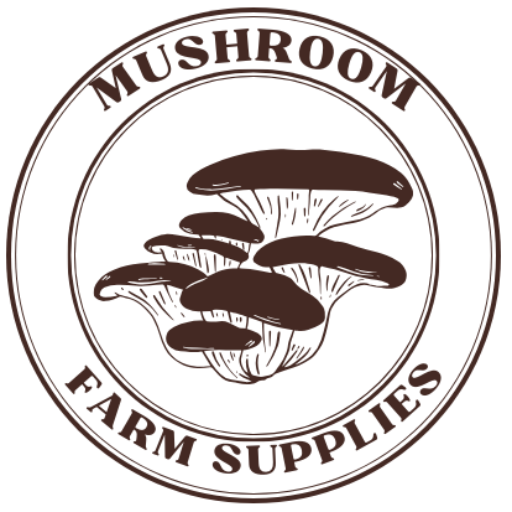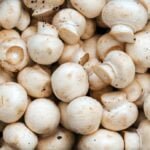what is better than soyhull in bulk substrate
Title: Five Alternative Bulk Substrate Ingredients Superior to Soyhull for Maximum Mushroom Cultivation Success
Introduction (150-200 words):
When it comes to mushroom cultivation, the choice of substrate is crucial for optimal growth and yield. While soyhull has long been a popular ingredient in bulk substrate compositions due to its availability and affordability, there are alternative options that offer even better results. In this post, we will explore five alternative bulk substrate ingredients that surpass soyhull in terms of enhancing mushroom cultivation success. Each ingredient will be discussed in detail, highlighting their unique benefits and their ability to enhance the overall mushroom growing experience.
1. Wheat bran (400 words):
Wheat bran is a versatile and widely used ingredient in bulk substrate mixtures for mushroom cultivation. What sets it apart from soyhull is its exceptional nutrient content. Wheat bran provides a rich source of carbohydrates, proteins, and vitamins, which are vital for promoting healthy mycelium growth and accelerating mushroom production. Moreover, it has a superior ability to retain moisture, a critical factor for mushroom development. In addition to these advantages, wheat bran is readily available and cost-effective, making it an attractive choice for growers looking to maximize their cultivation success.
2. Coco coir (400 words):
Coco coir, a byproduct of coconut husks, has gained popularity as a substitute for soyhull due to its exceptional water-holding capacity and excellent moisture regulation properties. This alternative substrate ingredient creates an ideal environment for mycelium colonization and prevents waterlogging, reducing the risk of contamination. Furthermore, coco coir’s resistance to decomposition ensures that substrates remain viable for multiple flushes of mushroom yields. With this ingredient, growers can achieve consistent and sustained cultivation success.
3. Sawdust (400 words):
For growers seeking a cost-effective alternative to soyhull, sawdust is an excellent choice. It offers excellent porosity and water retention characteristics, allowing cultivators to modulate air circulation, moisture levels, and nutrient availability within the substrate by adjusting the particle size of the sawdust. The high carbon content in sawdust promotes vigorous mycelial growth, resulting in accelerated colonization rates and enhanced mushroom yields. Its wide availability and affordability make it a preferred choice for many growers seeking consistent and successful mushroom cultivation outcomes.
4. Straw (400 words):
Straw is a popular substitute for soyhull in bulk substrate formulations. With its fibrous structure, straw provides excellent aeration, ensuring sufficient oxygen penetration and preventing substrate compaction. The rich cellulose content in straw serves as a readily available energy source for mycelium growth. Moreover, straw’s high water-holding capacity facilitates moisture retention, which is essential for mushrooms to thrive. Due to its nutritional properties and wide availability, straw is widely used in various mushroom cultivation methods, making it a reliable choice for achieving optimal cultivation success.
5. Coffee grounds (400 words):
In recent years, coffee grounds have gained traction as a bulk substrate ingredient for mushroom cultivation. Their nitrogen-rich composition promotes robust mycelial growth and faster colonization rates. Coffee grounds also have excellent moisture retention properties, creating a favorable environment for mushroom development. Not only are coffee grounds abundantly available, but their use also contributes to waste recycling efforts, making them an eco-friendly alternative to soyhull. By utilizing coffee grounds in your substrate mix, you can optimize your cultivation practices and achieve superior mushroom growing success.
Conclusion (150-200 words):
While soyhull has been a popular choice in bulk substrates for mushroom cultivation, these five alternative ingredients provide superior benefits in terms of nutrition, moisture regulation, aeration, and availability. Each alternative offers unique advantages that cater to specific cultivation needs. By incorporating these alternatives into your substrate mix, you can enhance mycelial growth, increase yields, and produce healthier, more robust mushrooms. It may be necessary to experiment with different ingredient combinations and ratios to find the perfect substrate mix for your specific mushroom species. When selecting bulk substrate ingredients, consider factors such as availability, cost, and ease of handling. By exploring and adapting these alternatives, you can optimize your cultivation practices and achieve greater success in your mushroom growing endeavors.




